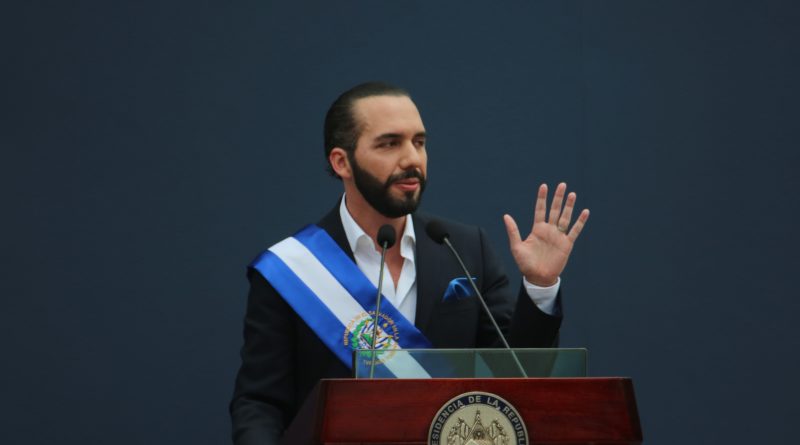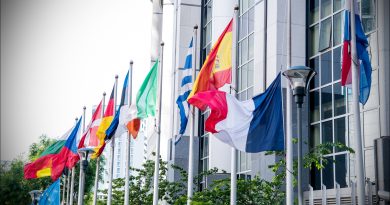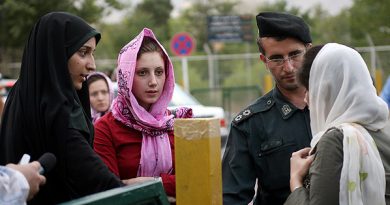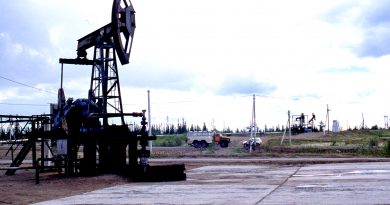Salvadoran Army Closes Off City of Soyapango in Alleged Gang Drive
Meghana Kundula
Staff Writer
Soyapango, El Salvador is home to more than 290,000 people—making it one of El Salvador’s largest cities. The city of Soyapango, a suburb of the El Salvadoran capital city of San Salvador, is infamous for street gangs, including the Barrio 18 and Mara Salvatrucha, also known as MS-13. According to BBC News, the city is currently surrounded by 10,000 troops as Salvadoran President Nayib Bukele ordered a crackdown on gang activity following 62 gang-related murders on March 26, 2022. The plan aims to reduce the homicide rate in El Salvador to less than two per day, says Reuters.
Government forces are blocking all roads that lead to Soyapango, preventing civilians from leaving or entering the city without officials checking their identity papers. Reuters reports that Bukele ordered the arrest of over 50,000 suspected gang members since declaring a state of emergency in March, immediately following the wave of murders attributed to gang activity. According to BBC News, 12 people have been arrested in Soyapango as of December 4. The Salvadoran Congress granted Bukele extraordinary powers to aid the government raids against gangs in March and renewed each month since. The decree issued by Congress suspends detainees’ right to association, the right to be informed of the reason for arrest, and the right to legal representation. It allows for suspects to be detained for 15 days prior to being charged—12 days longer than the typical three-day detention allowed without charges.
The siege of Soyapango follows the military-enforced closure of the town of Comasagua in October. According to NPR, Bukele has deemed the operation in Comasagua a success, and government estimates show a 38 percent drop in homicide from January through October 2022 when compared to the same period in 2021. Nearly 2,000 soldiers and police surrounded and closed off Comasagua in pursuit of gang members accused of murder, and in a span of two days government forces detained 50 suspects. The siege of cities has come to be known as Phase Five of Bukele’s 9-month mobilization of government resources to combat long standing gang activity in Salvadoran communities. BBC News reports indicate the massive mobilization followed a wave of violence and killings that gang members are thought to be responsible for in March—the peak of which occurred in Soyapango on March 26.
Bukele defended the military mobilization by reassuring citizens that the operation solely targets criminals, and that ordinary civilians have no reason to fear the government troops. BBC News reports show that some residents of Soyapango, like Guadalupe Pérez, view the blockade as a beneficial intervention. The government’s approach has also drawn an outcry from human rights groups, which maintain that the Congressional decree is allowing for arbitrary detentions and the violation of human rights by Salvadoran forces. NPR reports that the suspension of constitutional rights has allowed government forces to detain young men based on appearance or the area they live in, and at least 80 of those arrested have died in custody. Overall, 75.9 percent of Salvadorans support the lockdown of cities and raids aiming to quell gang violence in the country, according to BBC News.
Image courtesy of Gobierno Danilo Medina




